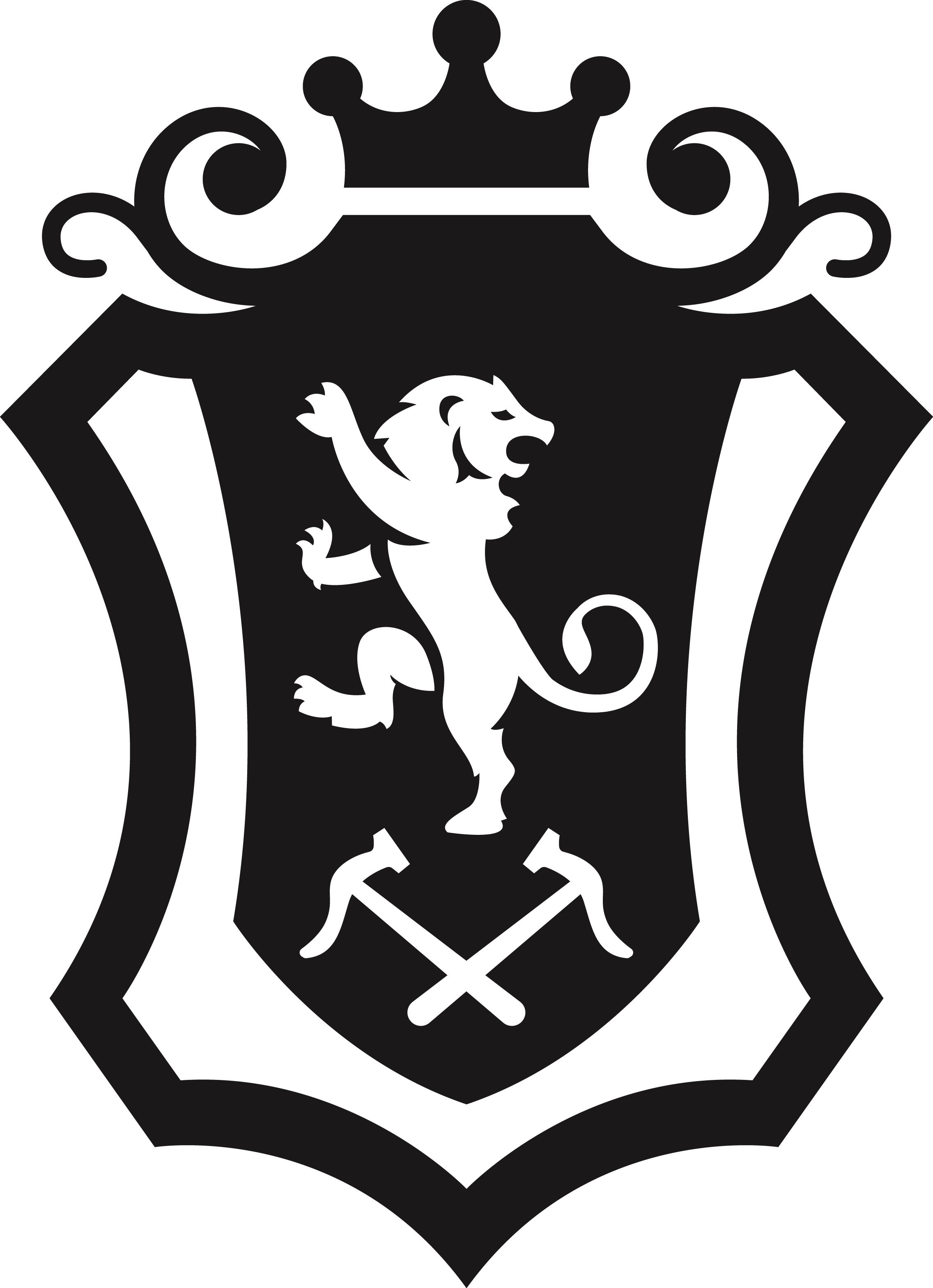Ecological Improvements for Leather in León
J.L. Rocha Collections
Leather Goods from León are becoming more Ecological
J.L. Rocha Values
SAPICA, the largest footwear trade show and conference in Mexico, gives us a closer insight to the state of the industry. La Silla Rota, a Guanajuato news outlet, provides us with this article outlining the keynote of Alexandra Pelka focused on business sustainability and how it represents the greater ecological perspective from the leather industry in Leon as a whole. This blog post will cover both the article as well as our insights.
More Sustainable than Meets the Eye
The environmental outlook on leather from León, Guanajuato.
Summarizing the Article
Alexandra Pelka is an environmental sustainability professor and researcher from AP Projects, a european consultancy firm that specializes in sustainability, ESG (Environmental, social, and corporate governance), and supply chain management who visited SAPICA 2024 to speak on the topic of sustainability. She outlines rapidly changing trends in sustainability while highlighting the importance of sustainable practices for companies to survive in the future, regardless of their size.
Pelka emphasized that "sustainability is more than planing trees or recycling bottles.”…”It is something you carry in your heart, something you need to believe in to grow, to implement it and above all, to show your clients that you care.”
She outlined the unfortunately erroneous logic that sustainable is expensive while explaining that the losses that not being sustainable can be even more costly. This is why a true sustainability strategy must also take into account cost factors.
Additionally, Pelka applauded the leather industry for both ‘upcycling practices’ (utilizing leather skins predominantly from the meat industry), and for being in opposition to ‘fast fashion’. Citing her own 45 year old handbag as an example that “leather is not part of this ‘disposable trend’, as leather goods are made to last”.
The article goes on to explain how tanneries in León set an example for sustainability. According to the Chamber of Commerce for the Tannery Industry (CICUR), currently: 60% of the leather created in Leon is processed with ‘treated water’; meaning the water is “recycled” and approved for industrial use, leaving drinking water safe for human consumption.
The 60% of tanneries that utilize treated water are used as an example due to the fact that their strategy highlights the three pillars of sustainability:
Environmental sustainability: in that contaminated water is not harming the local environment.
Social sustainability: by ensuring that the local community has better access to water.
Economic sustainability: shown by the reduced costs of treated water due in part to SAPAL, “the Leon Drinking Water and Sewage System” helping businesses to “Adopt the best practices worldwide related to the Supply, Distribution and Consumption, Treatment and Reuse of water to guarantee the sustainability of the municipality of León and its metropolitan area.” per their vision statement.
Our insights:
J.L. Rocha has always been committed to environmental sustainability, we’ve worked with small tanneries to develop our skins while also ensuring that they have access to the most up-to-date practices, certifications, and education. Yet, there are challenges that still permeate the leather industry in Leon, and pose risks to the practical efforts of environmental consciousness. Here are a few of our insights related to the future of sustainability in Leon:
Recent data shows León has at least 1,200 tanneries in operation, an estimated number due to the fact that many tanneries operate as small businesses or hidden businesses operating in residential areas. At least 10 companies have protections from the historic “Barrio Arriba” that resist relocation into modernized industrial parks with access to recycled water.
Smaller tanneries that refuse to modernize their locations and practices are faced with costly challenges to meet demand, this can cause dire negligence in the treatment of leathers, use of water, and health for tanners.
Almost all of the water in Guanajuato “comes from a large underground reservoir known as the Upper Río Laja Aquifer, which serves more than 680,000 residents across several thousand distinct communities, rural and urban alike.” (source) wherein water can be contaminated with chemicals that sink into the ground and reach the aquifer.
The key to promoting expansive sustainability and environmental practices is two-fold: both tanneries and manufacturers need require incentives for the continued improvement of ecological practices. Manufacturers can contribute or detract from progress by failing to procure skins from ecologically friendly tanneries as well as a lack of quality control, resulting in additional wasted hides from lack of expertise. Tanneries need additional incentives for relocation as well as on-site training to maintain high quality practices ensuring proper environmental and social sustainability.
In both cases, global demand must maintain its’ appreciation for the leather artistry in Leon, while accepting the additional cost of ecological practices. Foreign businesses that are incentivized by quality and sustainability will then facilitate the growth of high quality tanneries and manufacturers in León. Sadly, the reality persists that if we do not collectively support sustainability from a global standpoint, we will continue to hurt our environment and society at large. Quality in leather must reign supreme - and leather from Leon must remain synonymous with world class quality.
Thank you/Gracias

